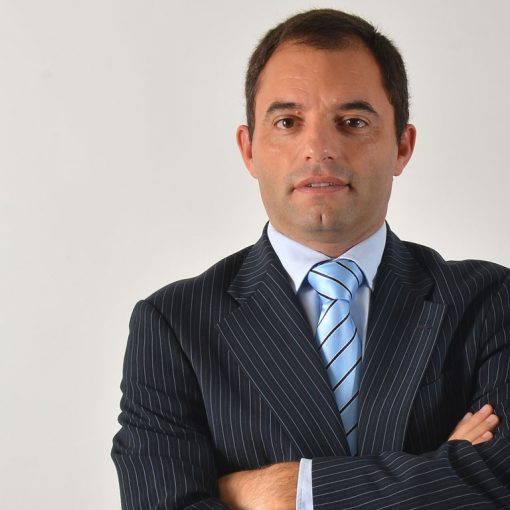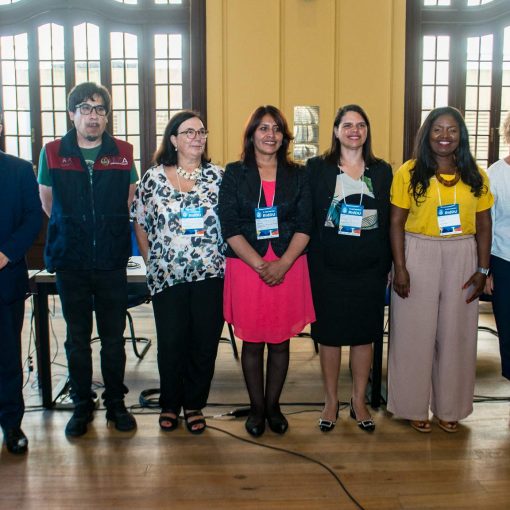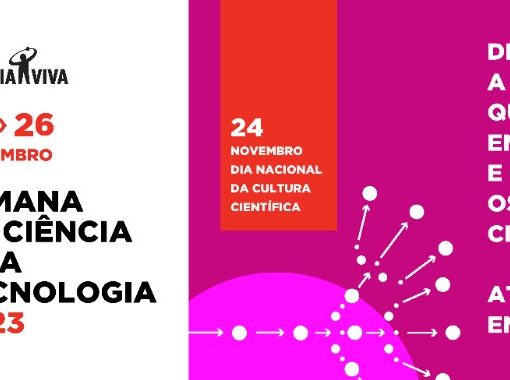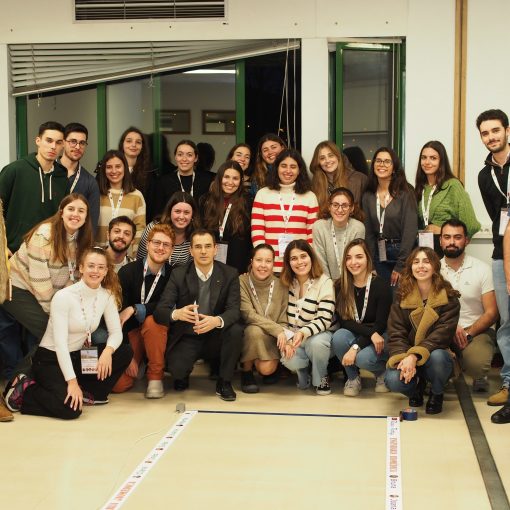 Carlos Bernardo, former vice-rector of the University of Minho, and Pedro Arezes, president of the School of Engineering of UMinho, will take on the executive presidency of the Guimarães Office of Crisis and Economic Transition, created by the municipality last March to mitigate the economic impact caused by the Covid-19 pandemic.
Carlos Bernardo, former vice-rector of the University of Minho, and Pedro Arezes, president of the School of Engineering of UMinho, will take on the executive presidency of the Guimarães Office of Crisis and Economic Transition, created by the municipality last March to mitigate the economic impact caused by the Covid-19 pandemic.
After António Cunha left for CCDR-Norte – he assumed the presidency on 29 October – the mayor of Guimarães and head of the Crisis Office, once again used two figures linked to the University of Minho to develop the local economy.
In the case of Carlos Bernardo, the mayor says that the choice “took into account the high level of competence that the implementation of the Economic Transition Action Plan requires”, noting that the former vice-chancellor “played a decisive role in the implementation and consolidation of the University of Minho in Guimarães and in linking the academy to the business fabric, both during his time as head of the School of Engineering and as vice-rector and pro-Rector”.
Pedro Arezes was already assigned to the post since “most of the researchers who are linked to the various measures of the Action Plan are linked to research projects linked to the School of Engineering”, adding that this fact, “allied to the competence recognized to him, makes their contribution invaluable for the success of the projects in question”.
In statements given to the municipality itself, Domingos Bragança reveals that the two choices were recommended by António Cunha and validated by the mayor, recognising that Carlos Bernardo and Pedro Arezes “are among the best”.
Action Plan has 5 short-term and 10 medium-term measures
In the reformulation of the Crisis Bureau, the municipality of Guimarães reports that the action plan outlined by the structure, which includes five short-term and 10 medium-term measures, will be divided into several components.
In the immaterial component of the measures, the economic development councilor Ricardo Costa will coordinate the public support, and the electronic kiosk; in the collaborative projects component the coordinator will be Raúl Fangueiro, professor at EEUM and coordinator of the Fibrenamics platform; in sustainable agriculture, the professor and vice-president of EEUM António Vicente; in the digital agenda, talent, entrepreneurship and creativity the coordinator will be Alexandre Mendes – former executive director of Startup Braga.
Regarding the projects involving the rehabilitation of equipment, Pedro Arezes will be responsible for the project of the former Fábrica do Arquinho, in Caldeiroa, António Pontes, teacher at EEUM and coordinator of the partnership UMinho – Bosch, the future valences of the former Fábrica do Alto, in Pevidém, Rui Oliveira, teacher at EEUM, for the component of the Action Plan related to the AvePark, and Maria José Fernandes, President of the IPCA, for the project of the School-Hotel, operating at Quinta do Costeado, in Cruz de Pedra.
Source: RUM



